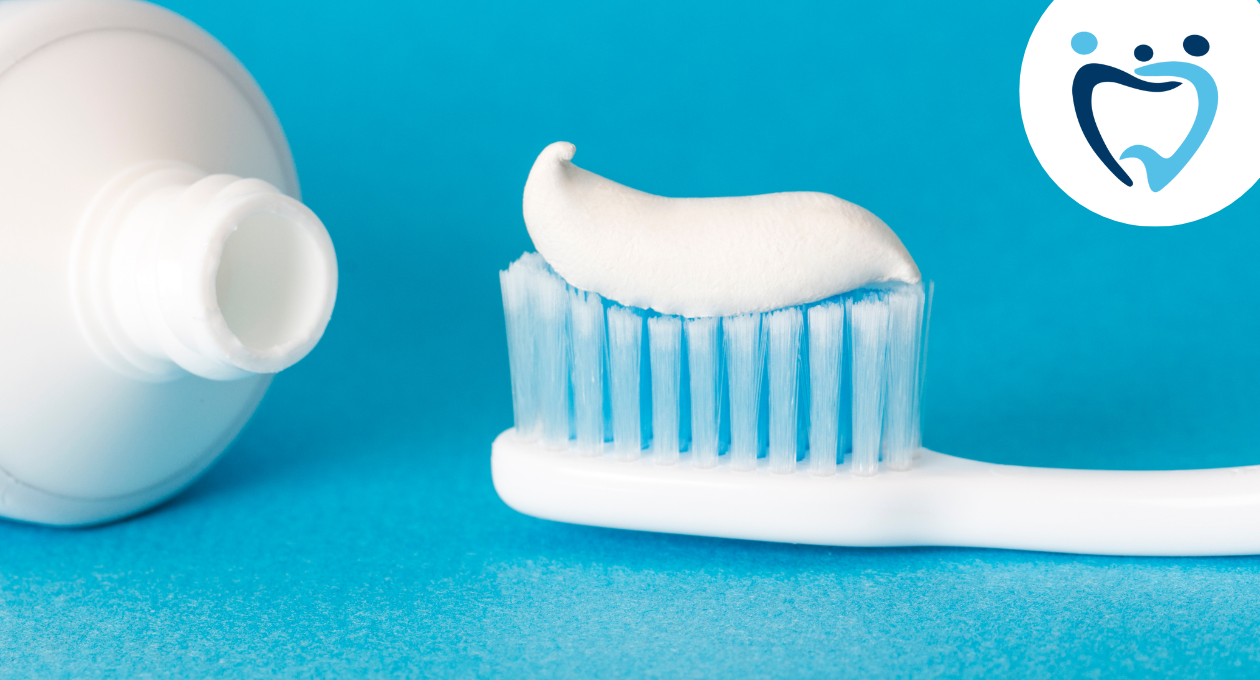
05 Nov There’s Glycerin in my Toothpaste—Is That Okay?
From time to time, the health community raises concerns about ingredients that are in our everyday products. Sometimes, those concerns are valid and helpful. (For instance, Coca-Cola was first made with cocaine in it! Needless to say, that is no longer the case.) But on other occasions, the concerns are not well-founded and don’t hold up to scrutiny. This is the case with the objections that have been raised against glycerin, a moisturizing and preserving agent commonly found in toothpaste.
What’s the Concern?
As Crest explains, “Glycerin is a natural ingredient found in most oral care products to better preserve and sweeten them. A natural agent, glycerin in toothpaste also helps retain the moisture of the paste so it doesn’t dry out in the tube.”
Sounds helpful, right?
It is. However, some are concerned that having glycerin in their toothpaste may prevent the process of remineralization that your body is supposed to engage in naturally. During remineralization, your teeth regain the essential minerals they have lost throughout the day of wear and tear. This is crucial to your oral health. If remineralization does not occur, then those lost minerals make for cavities, eventually leaving you with decaying, damaged teeth in desperate need of help.
It’s understandable, then, that people would be concerned at the prospect of something disrupting the body’s natural process of remineralization. The accusation is that glycerin coats your teeth, thus preventing the absorption of minerals into the teeth that would otherwise take place. Scary claims have been made about glycerin in dental products, even going so far as saying it takes 27 washes to remove! They have primarily come from a chemistry and fluoride researcher at Purdue University known as Dr. Gerard F. Judd and have been picked up by various concerned natural medicine proponents.
True or False?
So, is glycerin really a problem? Do we need to be worried that it will stick to our teeth and stop them from receiving the minerals they need?
Experts say no.
Dr. Mark Burhenne of Ask the Dentist says, “In my extensive research, I have never found a study that supports Dr. Judd’s theory that glycerin impedes remineralization.” Later, Dr. Burhenne explains that, “…since glycerin is water-soluble, it does not create a permanent barrier that prevents minerals from being absorbed by the enamel. Instead, any glycerin coating that may be present on the teeth can be quickly and easily washed away by saliva or water, allowing minerals to reach the enamel and support the remineralization process.”
As you might recall from your middle-school science courses, water-soluble just means that something dissolves in water. If glycerin dissolves in water, how could it form the crust around your teeth that Judd and others are worried about? It seems that glycerin is not something to be feared after all. As Keeko Oral Care points out, while there have been a flurry of Internet posts about the dangers of glycerin to your dental health resulting from Judd’s self-published book, we have yet to see a single published medical study backing his claims, nor do the accompanying Internet posts cite any other scientific studies.
The Best Toothpaste
So, you might be asking yourself, what should my toothpaste have in it?
The answer to that is fairly simple. First of all, your toothpaste needs a humectant. A humectant is just a moisturizing ingredient that will prevent your toothpaste from drying up before you can use it. Glycerin has been used as a humectant for years.
A key factor you should be looking for in toothpaste is its fluoride content. If a toothpaste is going to be ADA-approved, it must contain fluoride. Most dentists agree that this mineral is crucial in protecting dental health and therefore ought to be included in toothpaste.
Finally, you want to look for ADA-approved brands. The ADA’s stamp of approval tells you that a toothpaste has met strict requirements proving safety and effectiveness.
Toothpaste is a vital accessory to your dental health routine. It’s worth figuring out what should and shouldn’t be in yours. Some have raised concerns that glycerin, a humectant used to keep your toothpaste fresh, will actually stick to your teeth and prevent remineralization. However, we’ve seen that these claims were based on a self-published book lacking grounding in any published medical studies whatsoever. Glycerin is actually a water-soluble agent, meaning that the water you drink or the saliva in your mouth is capable of dissolving any leftover glycerin and allowing remineralization to take place. Glycerin is not a dangerous toxin.
If you have further questions about what toothpaste is best for you, contact our office today. Or ask your hygienist for their recommendation during your next appointment!

About Our Team
Our team of dental experts have over 30 years of experience in the field of dentistry, and we’re passionate about educating our patients.

Sorry, the comment form is closed at this time.